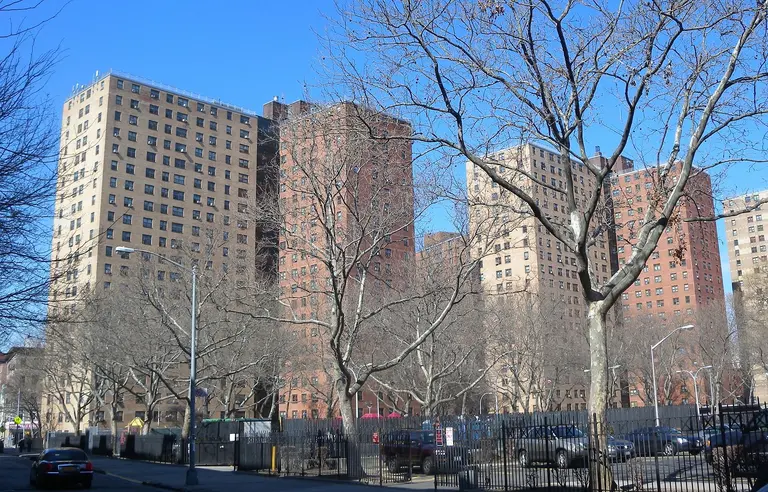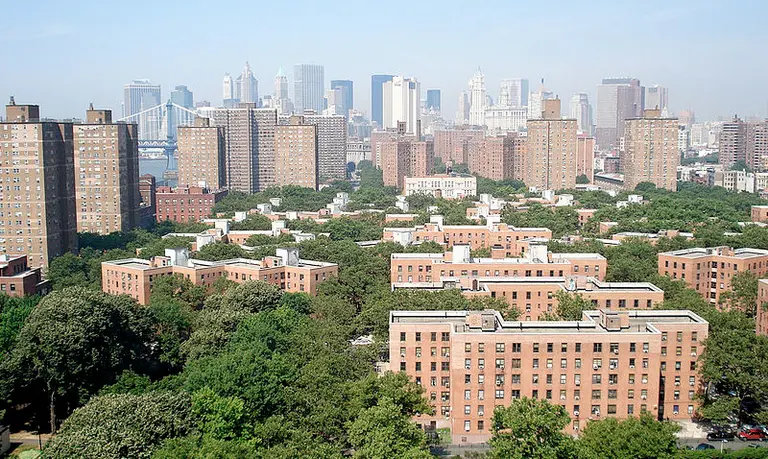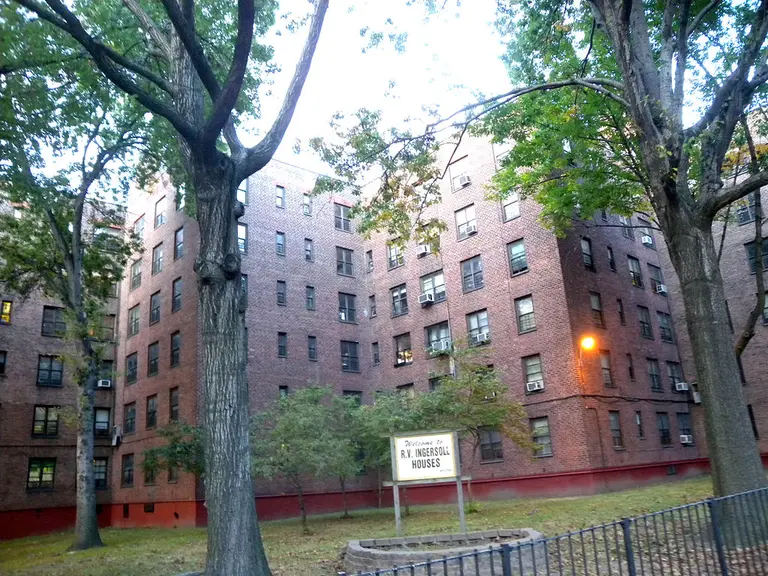March 7, 2017
Just a day after Ben Carson's confirmation as Secretary of the U.S. Department of Housing and Urban Development (HUD) last week, the New York City Housing Authority (NYCHA) penned a letter not only inviting him to tour the city's public housing stock (the largest in the country) but urging him not to support budget cuts that would ultimately affect its 400,000 residents. Roughly $2 billion of NYCHA's total $3.2 billion operating budget comes from HUD funding, which is immediately needed for the thousands of apartments in dire need of repairs. But their worst fears have come true, as the Wall Street Journal confirms that Trump's first budget cuts geared towards the city reduce NYCHA's support by $35 million, the agency's largest decrease in federal aid in five years, and this figure could very well grow to an unprecedented $150 million.
READ MORE


